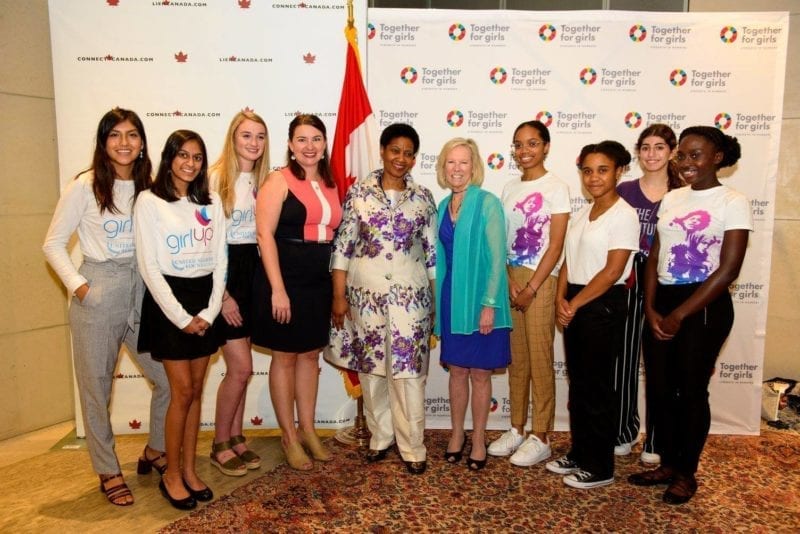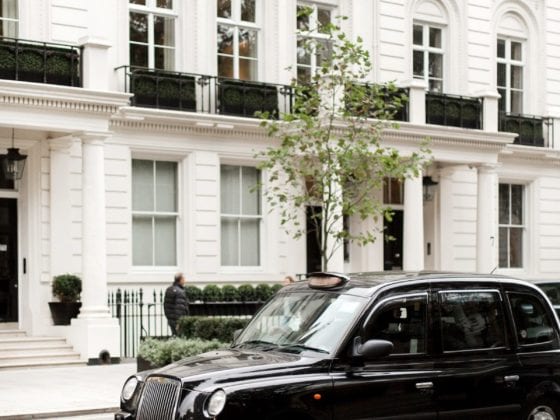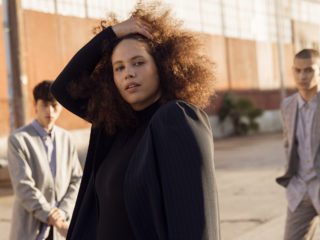Yesterday we heard from Leslie Arroyo, teen activist with Girl Up, and today we are sharing our interview with Tolani Smith, another young woman who is making big waves in her community through this transformative non-profit. She is proof that when passionate young people get together around a focused goal, true change is possible.
Q: How did you first learn about Girl Up, and why was it something that you knew you had to be a part of?
Tolani Smith: I first learned about Girl Up through my middle school’s Model UN team. Our teacher had arranged for two representatives from Girl Up to come and talk to us about the organization and what it does. Organizations like Girl Up are part of a bigger picture that is pushing for change not in just this country, but all over the world. I went to the March for Our Lives protest in March, which was spectacular. I’ve also gone to a few Black Lives Matter and DACA walkouts. I think that movements like these are a positive example of how Generation Z is going to be the ones who change the world. Girl Up is a for girls, by girls organization which I love, because it gives us the freedom to initiate change on a local level and still make a difference nationally and globally.
Q: We’re entering into an unprecedented time in history where youth are rising up to take action and speak out for political change on the issues that matter to them. How would you like to see this momentum keep going and what do you think it’ll take on both the adult side and the young adult side?
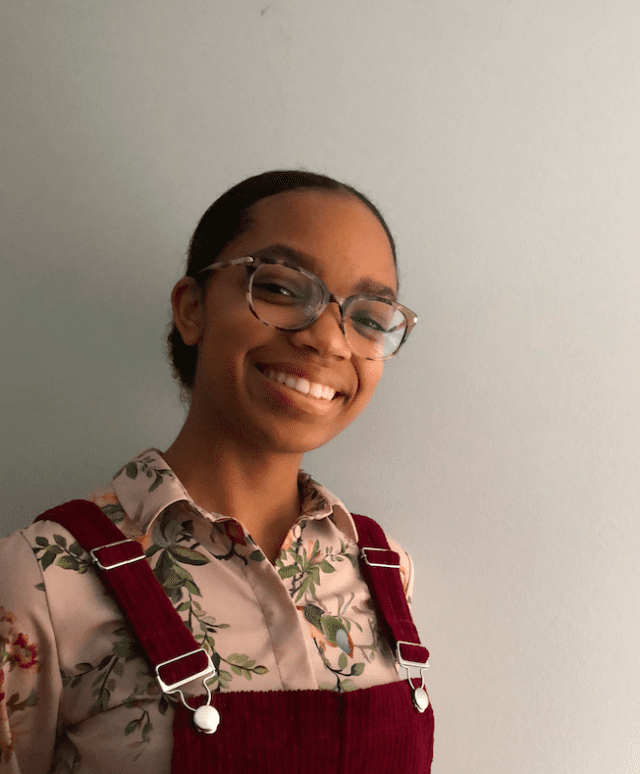
TS: I am honored and proud to be part of this generation and part of the revolution that is taking the world by storm. I go to any march and protest that I can. Most recently, I attended the National March for Our Lives, led by the Parkland high school students. I was moved and motivated by the teens that took action on this national stage. As a teen I feel that it is important to learn and listen to the adults because they have gone through something similar to this and were just a bit older than most of us when they were going to protests and rallies, so they have a lot of advice to offer that is useful to us that we can use and adapt.
However, we need to realize that we have a power that a lot of us take for granted. We are taken for granted and underestimated because of our age. Adults push us aside because of how young we are, but we have shown that we are so much more powerful than you think. And we have a tool at our fingertips that the adults did not have: social media. And when they think we are on our phones too much, we are connected with others who are just as passionate about this problem as we are. The ability to harness our electronic interests with world issues is one of the most effective methods to generate interest in change.
Q: What skills have you learned being a Teen Advisor and President of your Girl Up club that you’ll continue to use later in life?
TS: Through Girl Up I have learned a lot about the gender disparity in our community and how I can help combat that now and continue to do so in the future. Girl Up organization gives you the statistics and the data and then it’s up to you and your team to figure out what you are going to do about it—how you are going to contribute to the bigger picture and the bigger problem. You learn how to advocate for yourself and others who cannot advocate for themselves. There are so many activities and opportunities to help this cause and to make the gender gap just a little bit smaller, piece by piece.
In Girl Up you learn how to work with others to create something, and how to use your talents and put them to good use. Through Girl Up you meet a lot of wonderful, bright, and beautiful young women just as passionate as you. I am happy to say that when passionate people get together with a focused goal that’s how change is made.
Q: What do you think it means to find a compromise? And do you think it’s possible to move forward and have real change without compromises?
TS: Compromising is such a powerful tool that every leader should have. When working with passionate people, compromise can sometimes be the only solution to an issue—taking the most important concerns on either side (or the best or most important parts) and stringing them all together.
It is also important to know when not to compromise because although compromise is important, some things can’t be compromised because compromising in certain cases can dilute the issue at hand. For example, something like the fight for women’s equality cannot be compromised on. I learned the power of compromise as a Model UN Scholar; we are all so passionate about a specific country and a situation that it is sometimes difficult to help people listen to another. But overall, compromise is my friend.
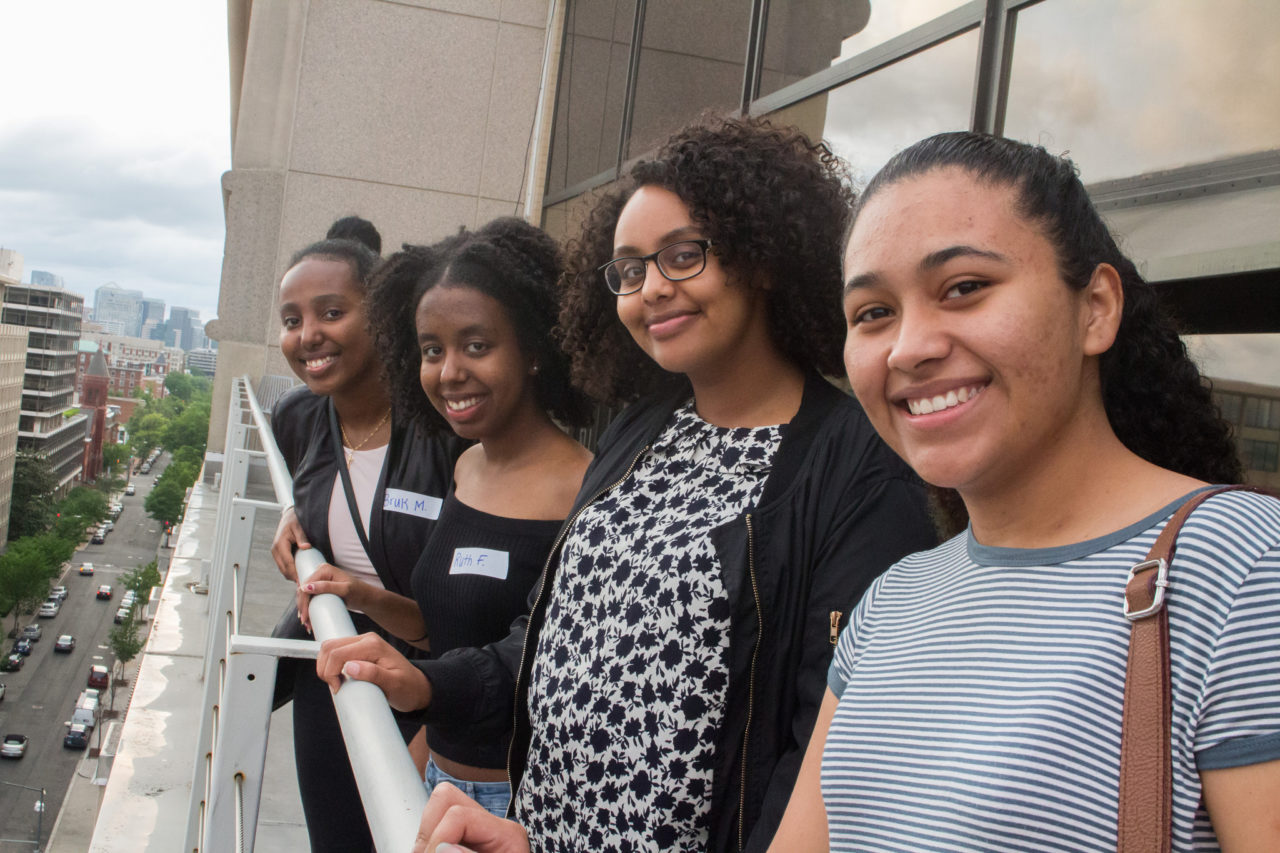
Q: Who inspires you?
TS: My mother is always inspiring me. Whether she giving me a pep talk because I’m feeling down or she’s hyping me up for a presentation or interview because she knows I am nervous. She knows how I feel before I do sometimes. She is always teaching me that self-love is the best love and not to let anyone tell you otherwise. She is always reminding me to let my light shine and that she loves me unconditionally. She is strong-minded and tells me when I’m out of place. She is the fun mom that everyone loves and confides in, and no matter how busy she is or if she’s out of town for work, she always finds time for me.
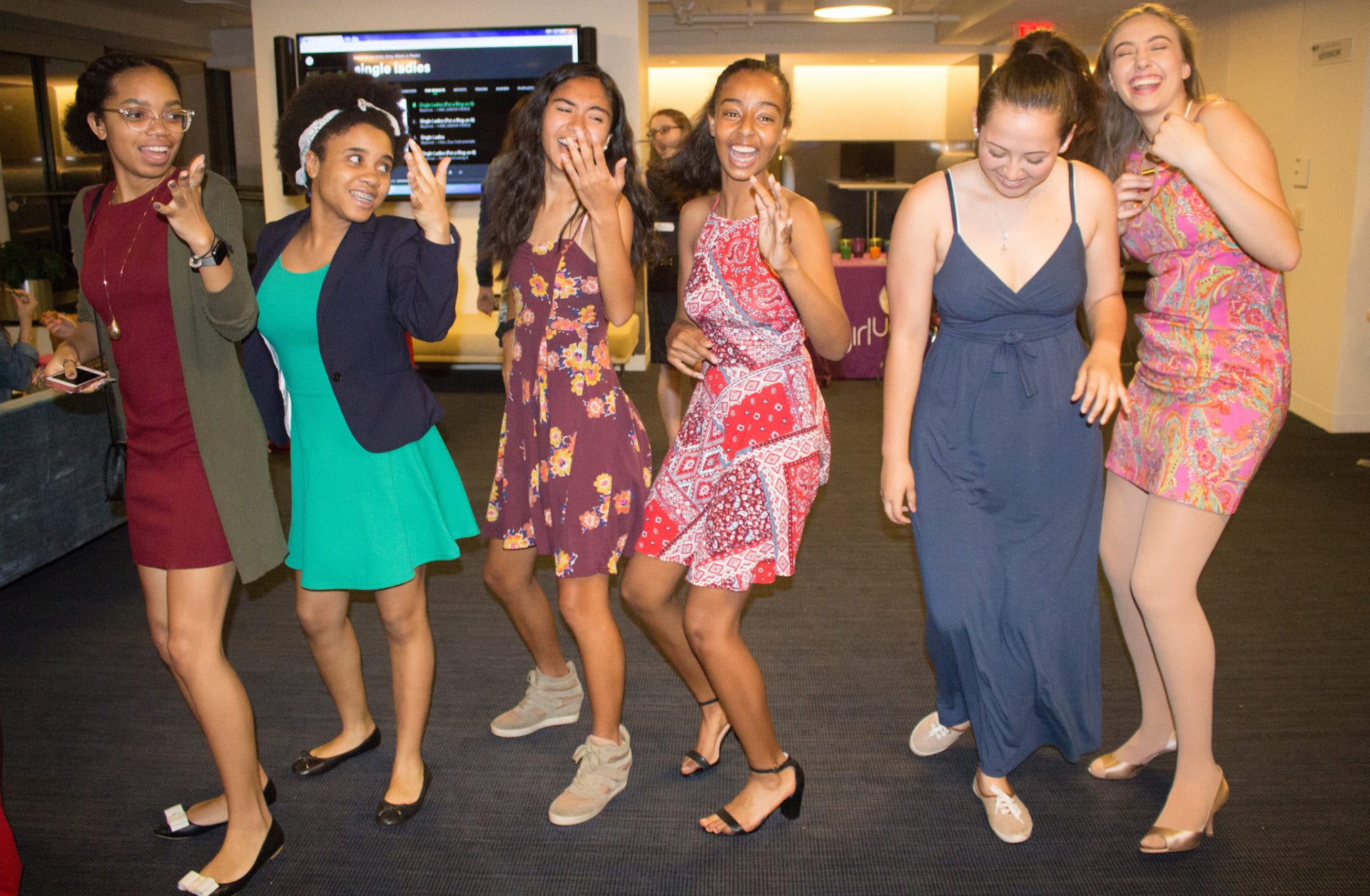
Images provided by Girl Up.
Featured image at beginning: From left: Girl Up Co-Executive Director Melissa Kilby, then UN Women Director Phumzile Mlambo-Ngcuka, and UN Foundation CEO Kathy Calvin, with Tolani fourth from right.
[action_button]
